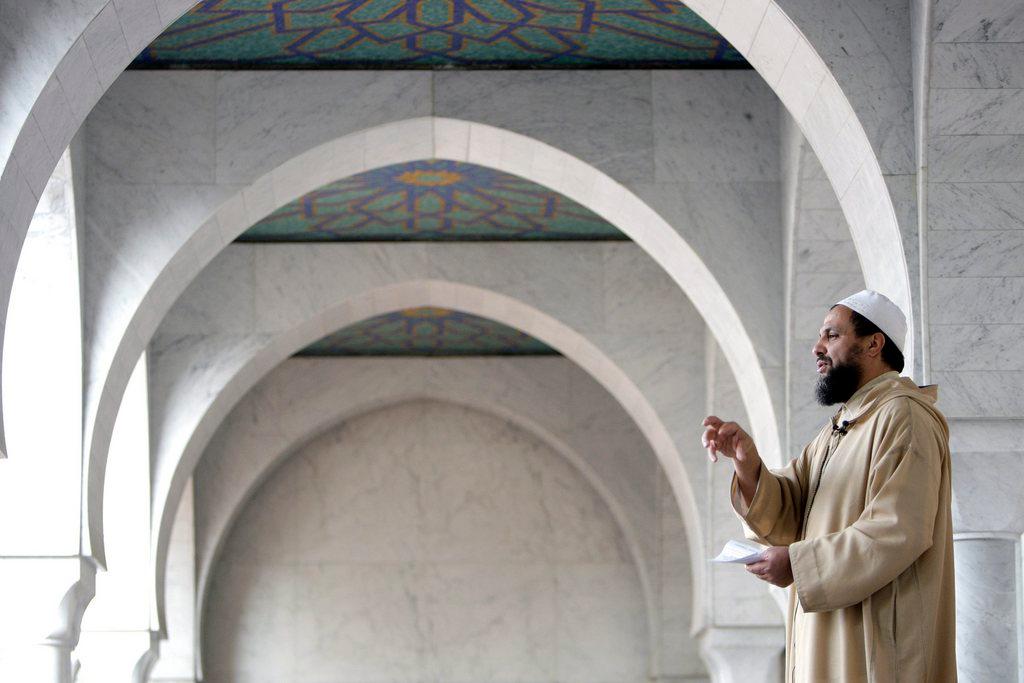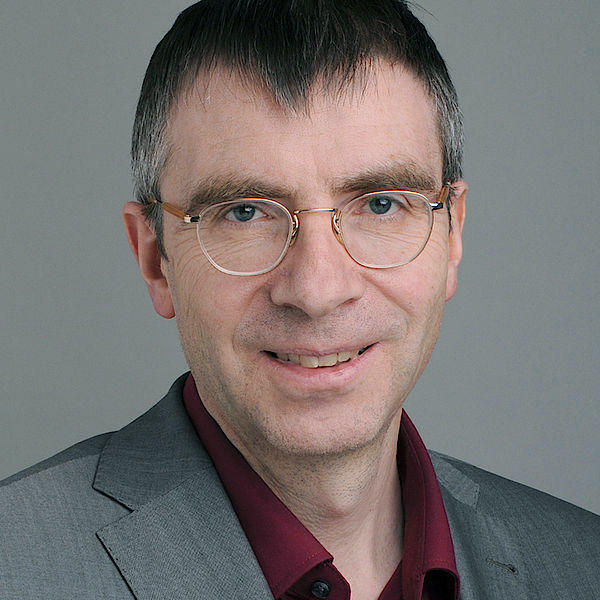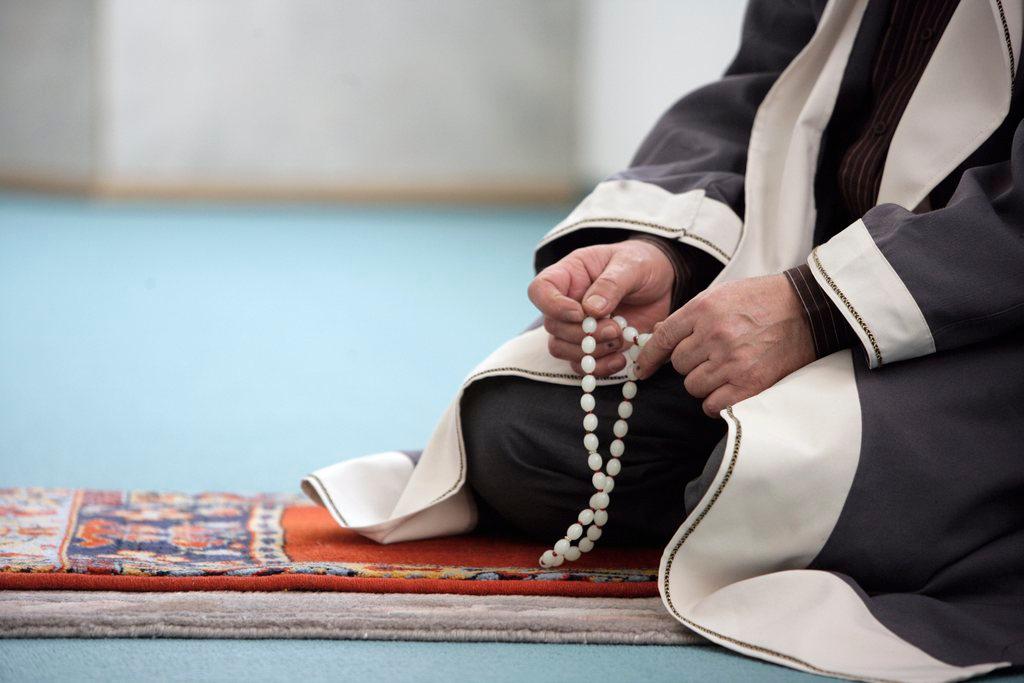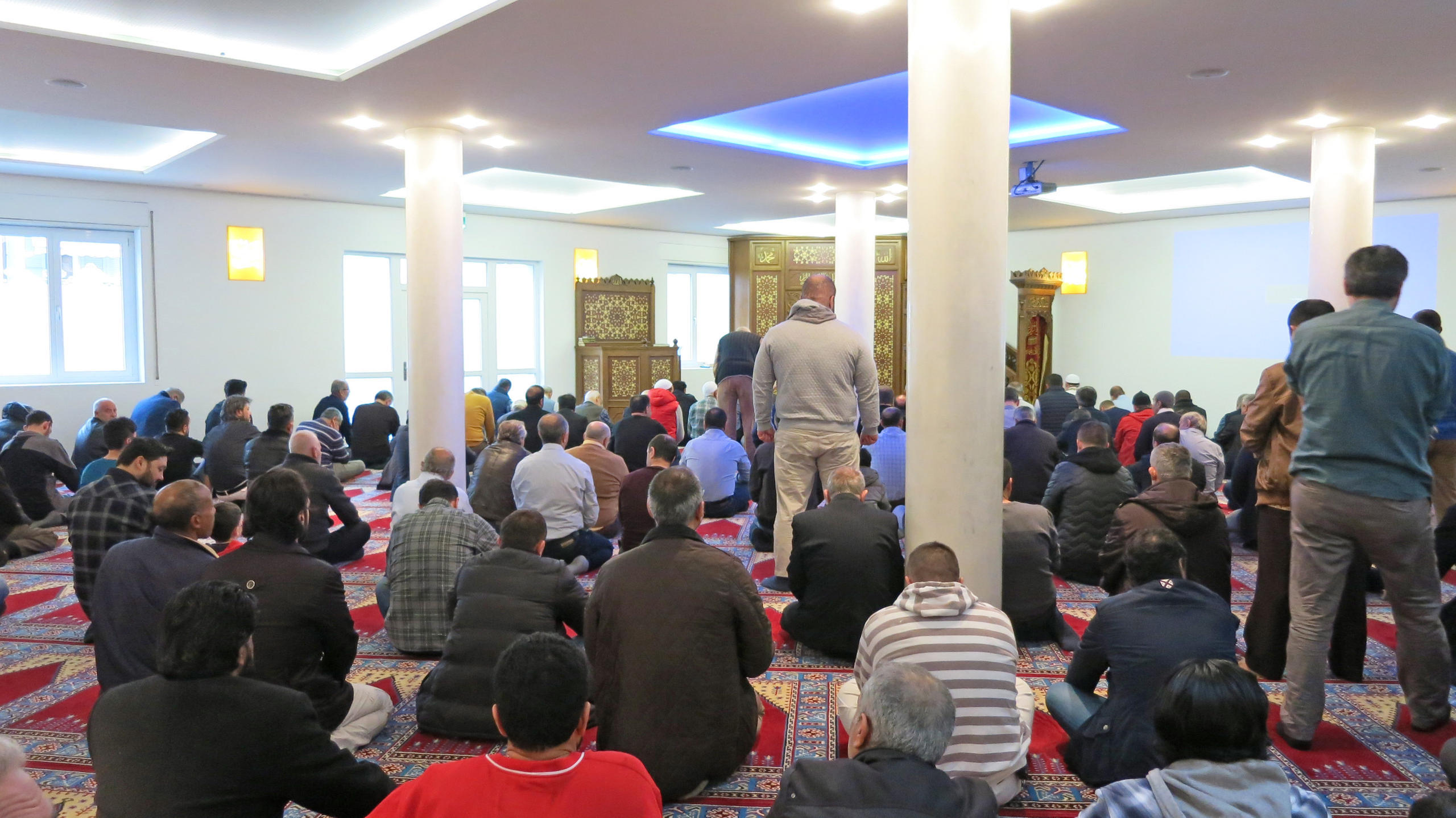
Do imams need Swiss training?

Many imams at Swiss mosques spend only a few years in Switzerland, and have little understanding of how Muslims here actually live. Islamic studies specialist Andreas Tunger-Zanetti tells swissinfo.ch how the situation could be improved.
swissinfo.ch: The Turkish office for religion sends imams on five-year assignments to Turkish diaspora mosques – also in Switzerland. Often, these clerics have just a rudimentary knowledge of the local language, and they know little about the host country’s culture. How should they perform their duties when it comes to integration?
Andreas Tunger-Zanetti: When it comes to purely religious and cult matters, they’re well suited, and they’re important to some members of their communities. They also perform certain pastoral tasks. But we find that young Muslims don’t feel a connection with these often older imams who don’t really understand their life in Switzerland.
This is a problem that’s recognised in the religious communities, but it’s not easy to solve.

swissinfo.ch: So imams should be trained in Switzerland?
A.T.-Z.: I don’t see a comprehensive imam education being a reality for a long time. A more extensive apparatus would be necessary. This exists as an academic discipline in Muslim countries and more recently in Germany, but not here.
When it concerns questions of interpretation, or knowledge of religious sources, then the kind of training required isn’t available in Switzerland.
swissinfo.ch: If one accepts that imams should be familiar with Swiss values there is also the desire for more transparency in mosques.
A.T.-Z.: That’s understandable, but it’s not required to offer a complete course in theology. Imams who have done their theological studies abroad can acquire social skills once they’re here and continue their theological education. That’s the direction taken by the Islamic Centre and Society at the University of Fribourg.

More
Imam: 99% of radicalisation happens outside mosques
swissinfo.ch: Some representatives of Swiss Muslim associations are calling on the authorities to grant Islam the same recognised status the Protestant and Catholic churches enjoy. And there are certain politicians who promise a modern interpretation of religious content. What do you think about that?
A.T.-Z.: The state’s recognition of religious communities was not designed as a control or disciplinary mechanism and therefore isn’t the right approach. But as a basic principle this path must be open to all religions because one wants the constitutional state to have a stronger rapport with religious communities. It’s discrimination and undermines the principles of the state if Islamic communities are kept at a distance.
swissinfo.ch: Conservative right groups and also some Christian circles are against recognising Islam, seeing this move as a threat to western culture. Are these fears justified?
A.T.-Z.: They are an expression of uncertainty and ignorance of what Islam in Switzerland is and what it does. Muslims are our fellow countrymen with whom we work and meet every day without knowing what religion means to them.
swissinfo.ch: Christianity is the basis for Switzerland as a constitutional state. “In the name of God, the Almighty” is even included in the preamble to the constitution.
A.T.-Z.: Swiss society has been shaped by Christianity, but this has lost a lot of meaning for the individual. For example, Sunday is a officially a day of rest, but it is difficult to observe rest in many places. So talk of a Western Christian culture seems a bit hollow.
Many people are unsure of how they should deal with others who practice religion, because religion has become foreign to them. I see this as a serious shortcoming that can only be countered with education and by meeting with people. This can promote the understanding that just because others are different in certain ways, they can still be nice and ordinary.

More
Saying prayers and answering questions at local mosque
swissinfo.ch: Do we have to show understanding for everything that is religiously motivated? For example, the Muslim pupil in a north-western Swiss school who refused to shake the hand of a teacher for religious reasons. Or are there limits?
A.T.-Z.: In this case, the school decided on what was the most important issue at stake, and then came to a judgement. But where do you draw the line at which things to regulate and what to leave alone? Rules are broken all the time in society. For me it is strange that when it involves a Muslim, it becomes a huge scandal.
swissinfo.ch: Given the increasing acts of Islamic-motivated terror, can you understand that the Western world wants to nip radicalisation in the bud?
A.T.-Z.: When young people start to become interested in religion, some try different paths that miss the target, but have nothing to do with radicalisation.
There are some cases that end in violence under exceptional circumstances. But it is counterproductive to mix up these two different categories.
Criminal law deals with violent cases. For people operating in a grey zone, prevention means ensuring that the right person remain in close contact with them. Blanket control measures do not work – they are counterproductive.
Young Muslims study
Young practising Muslims in Switzerland rarely gravitate towards imams in mosques, according to a University of Lucerne study. Instead, they tend to follow preachers over the internet or in prominent Muslim organisations. The study looked at the practices of 33 male and 28 female Muslims aged between 15 and 30. Practically all of them are practising Muslims. The study found various motivations for following Islam. For some, the religion provided emotional support and for others it acted as a guide for life or a set of rules to live their life by.
Translated from German

In compliance with the JTI standards
More: SWI swissinfo.ch certified by the Journalism Trust Initiative















![The four-metre-long painting "Sonntag der Bergbauern" [Sunday of the Mountain Farmers, 1923-24/26] had to be removed by a crane from the German Chancellery in Berlin for the exhibition in Bern.](https://www.swissinfo.ch/content/wp-content/uploads/sites/13/2025/12/01_Pressebild_KirchnerxKirchner.jpg?ver=f05a5a9c)















You can find an overview of ongoing debates with our journalists here . Please join us!
If you want to start a conversation about a topic raised in this article or want to report factual errors, email us at english@swissinfo.ch.